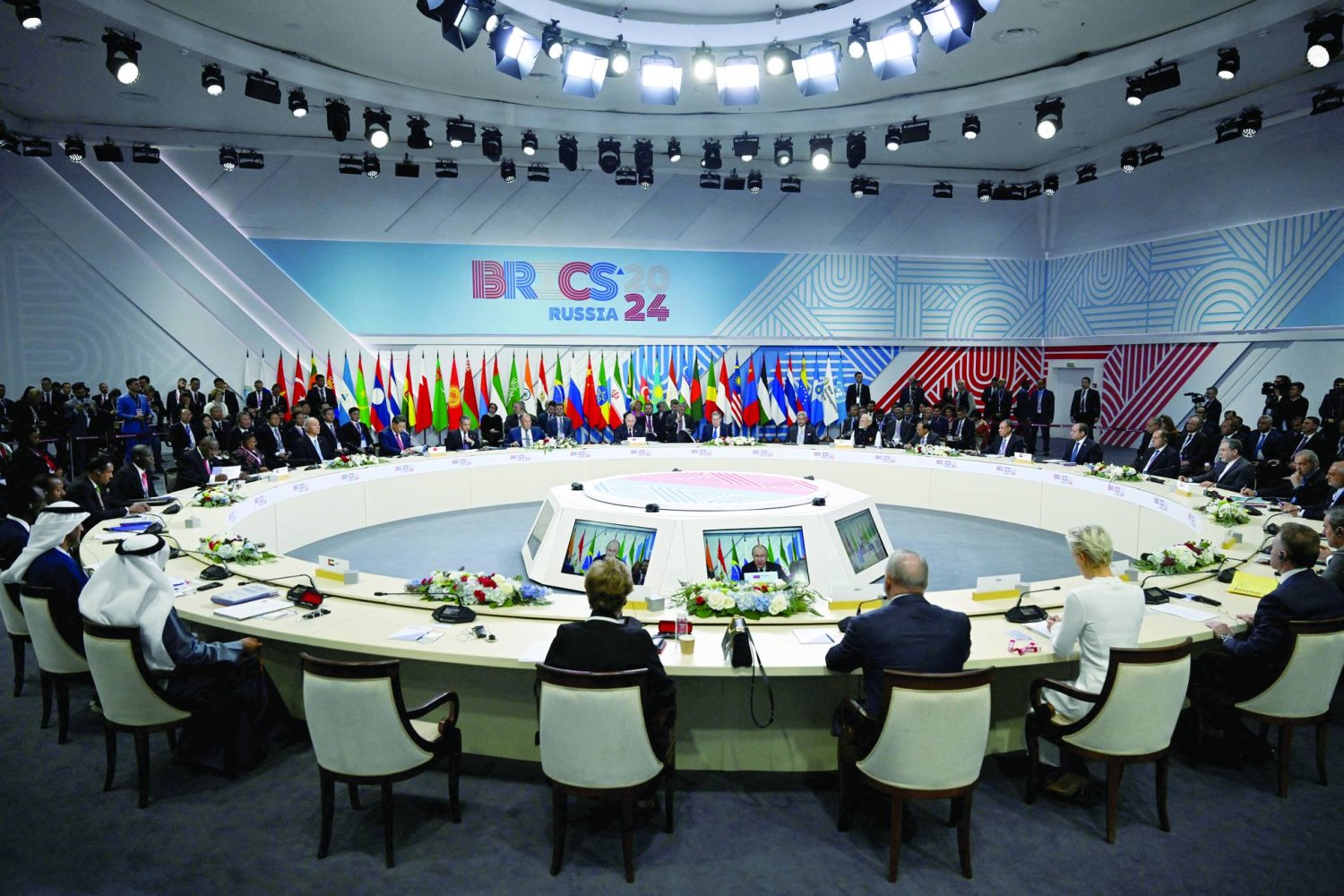In October 2024, a significant event unfolded in global affairs—the BRICS (Brazil, Russia, India, China, and South Africa) bloc convened in Russia to formalize its expansion. This meeting was crucial as it marked a pivotal moment in the geopolitical landscape. With the world grappling with multiple crises, including ongoing conflicts and economic challenges, the BRICS nations aimed to strengthen their collective influence on global governance.
As a high school student observing these developments, I felt a mix of curiosity and concern. The expansion of BRICS is not just about adding new members; it signifies a shift towards a multipolar world where emerging economies seek to challenge Western dominance. Countries like Saudi Arabia and Iran were invited to join, which could reshape alliances and trade dynamics. This move is particularly interesting given the current tensions in the Middle East and the economic strains many nations face due to conflicts like those in Gaza and Sudan.
The implications of this meeting extend beyond politics; they touch on economic stability. With global growth projected to slow down, the BRICS nations are positioning themselves as alternatives to traditional Western-led institutions like the IMF and World Bank. This could lead to new economic frameworks that prioritize development in emerging markets. However, I wonder about the potential consequences—could this lead to increased tensions or even conflicts as nations vie for power?
In conclusion, the BRICS expansion meeting is a reminder of how interconnected our world is. As young people, we must stay informed and engaged with these issues because they will shape our future. The decisions made by these leaders today will influence global stability and prosperity for generations to come.
Image Credits: https://english.aawsat.com/world/5074303-financial-cooperation-and-brics-expansion-are-table-putin-hosts-global-south-leaders


